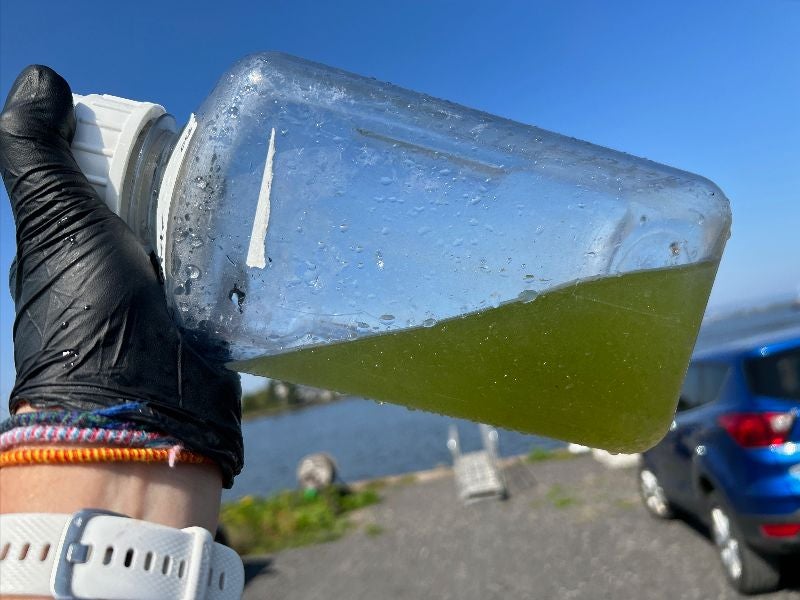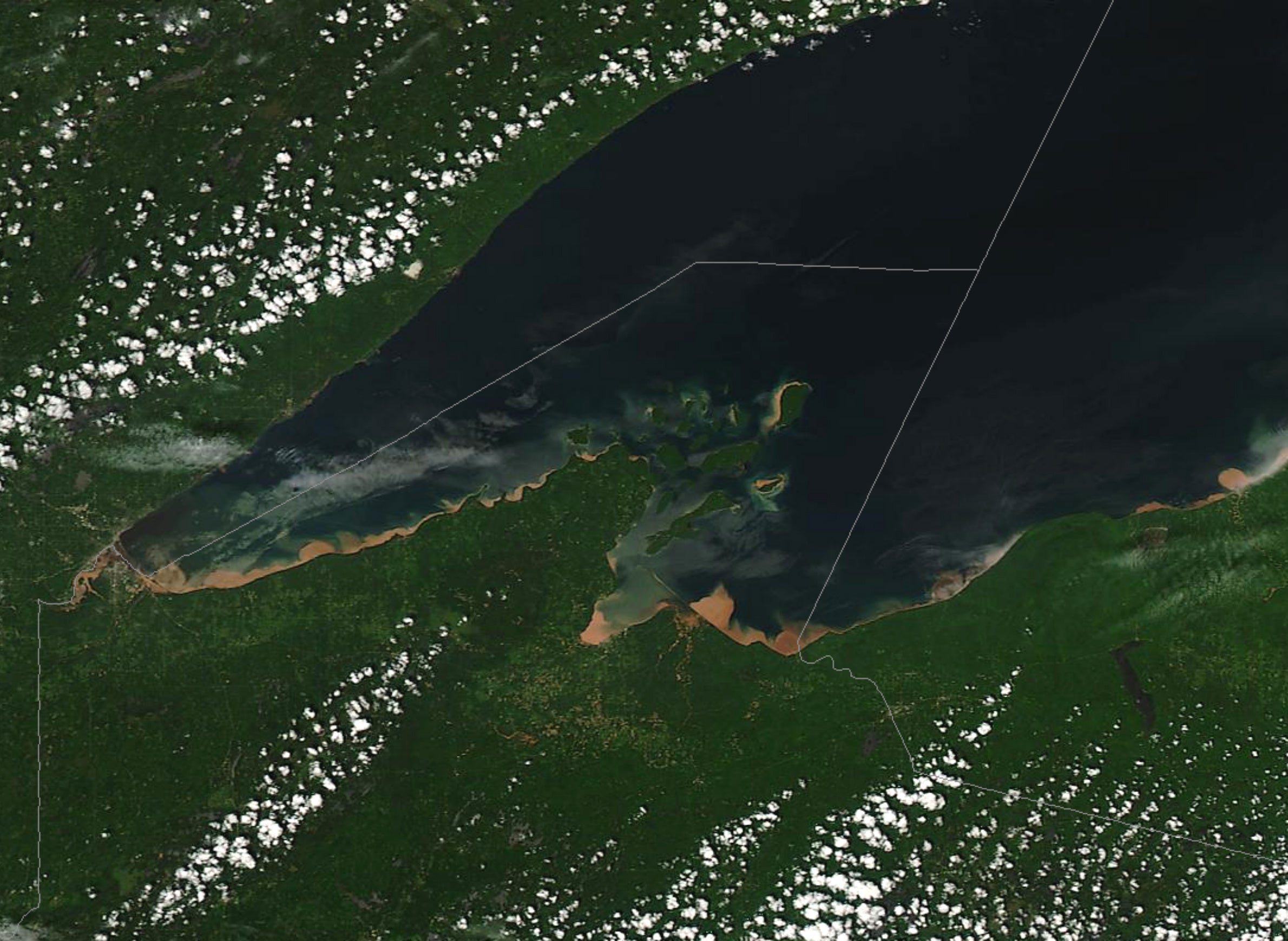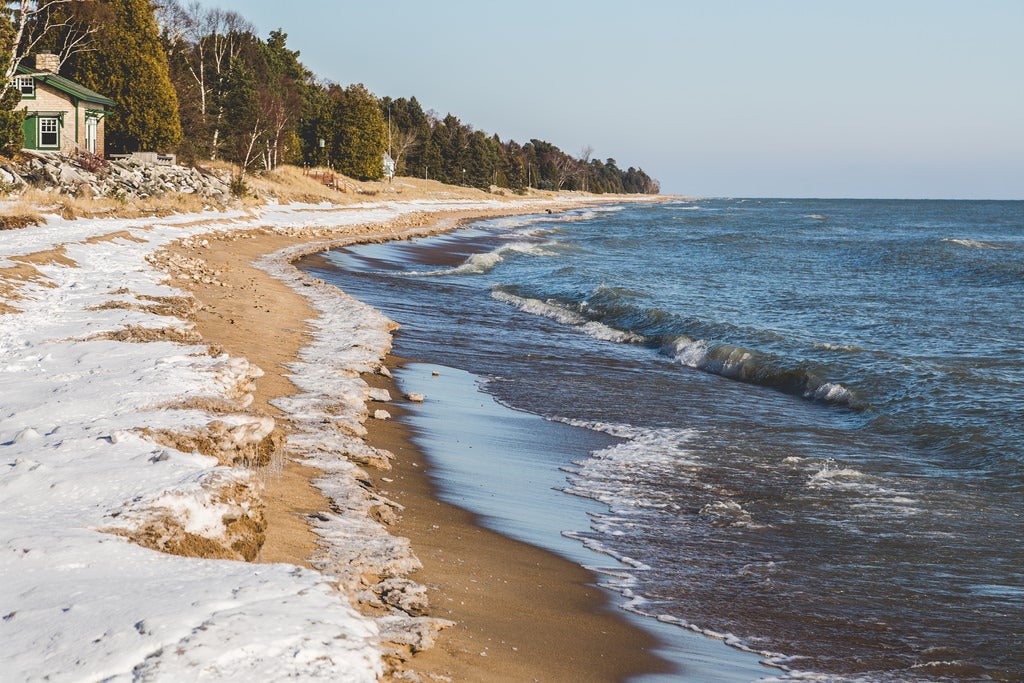Great Lakes mayors say the Trump administration’s proposed 25 percent cut to the U.S. Environmental Protection Agency’s budget could have disastrous effects on water quality and the regional economy.
The agency itself could lose more than $2 billion, according to The Associated Press. Funding for the Great Lakes Restoration Initiative, a federal Great Lakes cleanup program, could be sliced from $300 million to $10 million.
Bayfield Mayor Gordon Ringberg said the proposed cuts are disappointing.
News with a little more humanity
WPR’s “Wisconsin Today” newsletter keeps you connected to the state you love without feeling overwhelmed. No paywall. No agenda. No corporate filter.
“(I’m) kind of afraid that it’s going to have a negative impact on what we can do to protect the lake,” Ringberg said. “If that’s the case, then it’s going to impact our tourist industry and fishing industries and everything else that kind of just revolves around the water.”
Bayfield hasn’t received funding from the Great Lakes Restoration Initiative, but nearby Washburn and Ashland have received money for beach improvements.
Ashland Mayor Deb Lewis said the proposed cuts would jeopardize the city’s ability to address water problems.
The city received grants from the EPA in the past year to address public health issues with area beaches, “For example, the grant that we got at Maslowski Beach last year to address sources of E. coli going into the Chequamegon Bay,” Lewis said.
Kris Eilers, executive director of the St. Louis River Alliance based in Duluth, Minnesota, said many Great Lakes communities rely on federal funding to clean up contaminated sites the EPA has identified as Areas of Concern, including the St. Louis River.
“Before the Clean Water Act was passed, it was legal for companies and industries to dump pollutants into the river so those things remain,” Eilers said. “It affects the quality of life for the entire habitat, the fish community and all the way up to the human quality of life.”
Eilers said $73 million is needed to clean up contaminated sediments in the St. Louis River for the Minnesota portion of the project alone. Minnesota needs to provide $24.5 million to access $42.5 million in funding through the Great Lakes Restoration Initiative.
The Great Lakes Restoration Initiative has received bipartisan support from congressional lawmakers over the years. Congress has invested around $2 billion in more than 2,500 projects to clean up contaminated sites around the Great Lakes since 2010.
Trump has said he will cut back spending in some agencies to boost defense in his budget.
Editor’s note: A previous version of this story incorrectly identified the cost for the St. Louis River cleanup. The story has been updated to more accurately reflect Minnesota’s responsibility for cleaning up contaminated sediments in the St. Louis River.
Wisconsin Public Radio, © Copyright 2025, Board of Regents of the University of Wisconsin System and Wisconsin Educational Communications Board.







